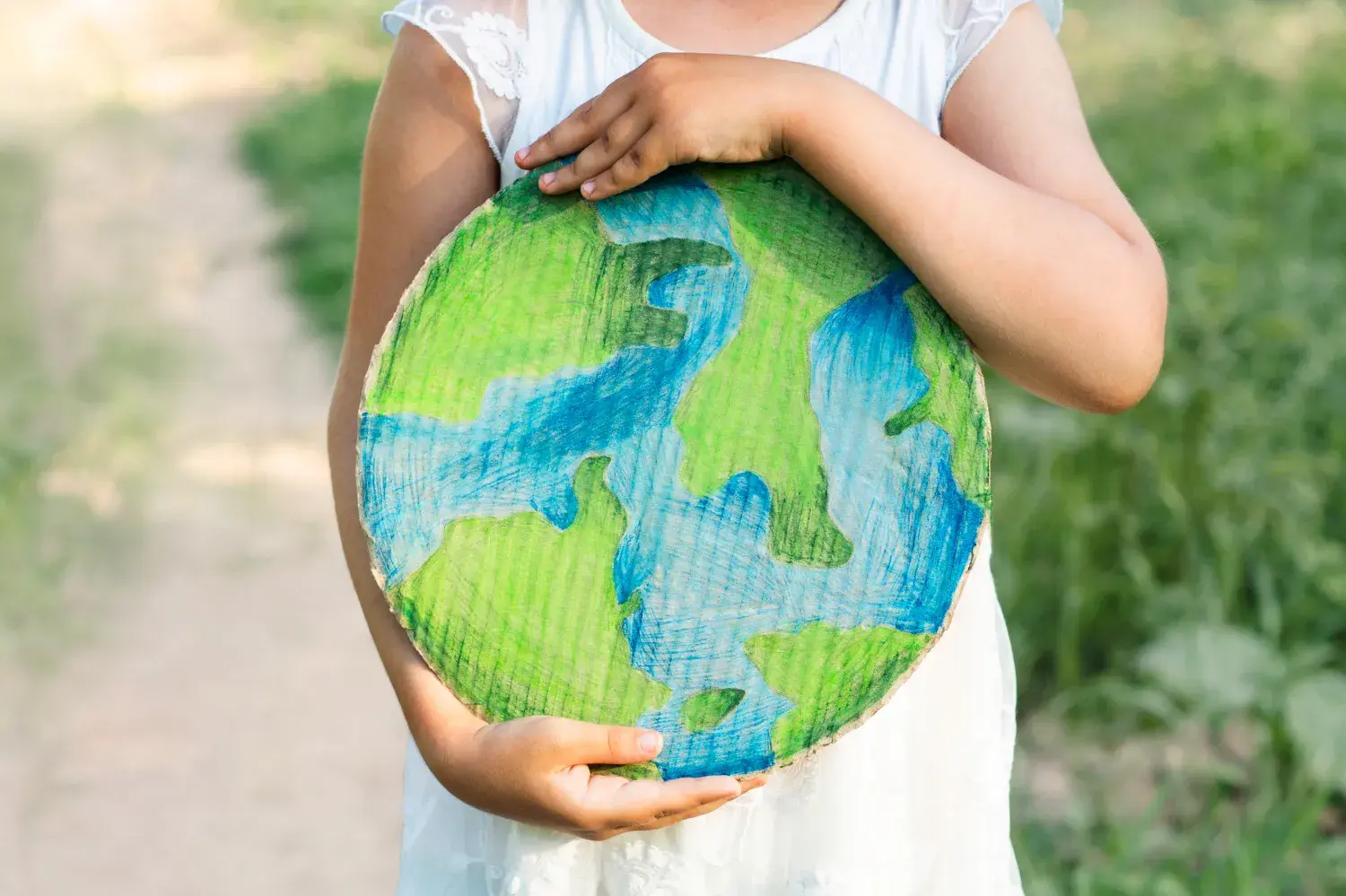#HealthierTomorrow is the WHO's hashtag for today's World Health Day – and the goal that CWS is working towards every day. We know that a healthier tomorrow also depends on our actions and our products. That is why we think and act in cycles and have firmly anchored sustainable action in our circular business model.
Our business model also has an impact on resource consumption and the climate. Example workwear: Together with the consultancy firm sustainable thinking, we took a closer look at the climate impact of providing workwear in 2020 as part of the Circular Advantage Study. For this purpose, the amount of workwear needed by a worker in Germany in one year was considered and two scenarios were compared: A linear model, in which the worker or his employer buys the workwear and is responsible for its care and repair. And the circular model from CWS, in which the workwear is available in the flexible service model. The result is clear: by repairing and repurposing of used goods, CWS saves an average of 76 percent CO2 emissions per year for each functional unit. If the transport of workwear with CWS vehicles is included, the CO2 emissions per year and worker are still reduced from 72 to 36 kilograms.
CWS also conserves resources in the care of workwear: In the laundries, CWS has already been relying on low-consumption washing lines and the reuse and treatment of washing water for years. For example, the laundries use the wash water from the cotton towel rolls to clean the dust control mats. Up to 80 per cent of the water is recycled in this way. This benefits the environment in several ways: the process water is already heated and mixed with washing substances, which saves energy and detergent in the second cycle. The water is then recycled for reuse.
The dispenser lines and cotton towel rolls are also kept in the cycle for as long as possible and returned to the cycle at the end of their life cycle. In 2020 alone, CWS repaired or recycled 47,000 towel dispensers. Cotton towel rolls are sorted out after about 100 washes and reused as raw material for cleaning rags and mops.
"We have taken a close look at all processes at CWS in order to consistently implement our Think Circular! claim," explains Dr Maren Otte, Group Director Corporate Communications & Responsibility at CWS. "After all, only truly circular business practices will successfully contribute to meeting the global challenges of resource scarcity and climate change and thus reduce the health consequences of this development. That is why we are supporting today's WHO World Health Day by also drawing attention to this important issue through our communication channels."
